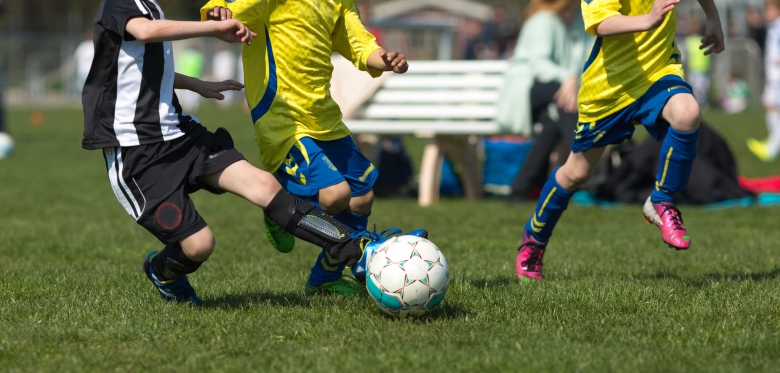In September 2018, the FIFA Football Stakeholders Committee gave its backing to a ‘ground breaking reform package of the transfer system’.
This included a number of suggested amendments to the current system, such as the creation of a ‘clearing house’ process to transfers which would simplify the payments associated with transfers, including solidarity payments, training compensation, agents’ fees and transfer fees which the committee support as it offers a more transparent transfer system; the mandatory introduction of an electronic system at a national level, as well as a domestic electronic registration system; more robust regulations pertaining to agents; and the proposal for solidarity payments to be applied to domestic transfers in transfers with an ‘international dimension’.
This article proposes to focus on the latter suggested variance to the transfer system and how this could potentially impact domestic transfers moving forward.
Solidarity payments have previously only applied to international transfers. The FIFA proposals open the door for solidarity contributions to apply to domestic transfers with an ‘international dimension’. Unfortunately, FIFA have not currently provided a definition of what is defined as a domestic transfer with an ‘international dimension.’ But, on the face of it, the proposal would allow clubs, who previously were not in a position to assert a claim for solidarity payments, to assert such a claim.
For example, say a young Spanish footballer signs with Barcelona at the age of 12 and remains with them until the age of 16 before being transferred to Atletico Madrid, for compensation, where the player remains until the age of 19. When the player is transferred to Liverpool, a percentage of the transfer fee as a solidarity payment, would be payable to Barcelona as the training club. This is a classic example as to how solidarity payments works. If the player was then transferred from Liverpool to Manchester City, at any stage in their career, the previous system would prohibit Barcelona and Atletico Madrid from seeking solidarity payments for their respective training of the player as this would not have been an international transfer.
However, under the new FIFA proposals there is a possibility that both Barcelona and Atletico Madrid may benefit from the transfer of the player to Manchester City and be rewarded for their training of the player during the early stages of their career. The proposals would seemingly provide another avenue of revenue for clubs who have been involved in the development of players and seeks to achieve the ultimate aim of the current FIFA president who has sought to make it a key objective for training clubs to be adequately compensated for their input in training young players between the ages of 12 and 23.
Should the proposals be incorporated in the transfer system moving forwards, we can expect the parameters of a transfer with an international dimension will become a topic of contention until this becomes more clearly defined. However, it is clear that this is an argument open for review and effectively may allow clubs to benefit financially when previously, this was not possible. For example, under the old system the transfer of Aymeric Laporte from Athletic Bilbao to Manchester City benefited Su Agen, €650k. Should Laporte be transferred again, even domestically, Su Agen could benefit further financially as well as Athletic Bilbao.
The process for asserting a right for the payment of a solidarity payment requires a club to monitor the transfer of players once they have left the club. At Stephensons we specialise in matters of sports law and our specialist lawyers can provide you with advice in relation to applicability of solidarity payments on a particular transfer, advisory services in relation to the monitoring of transfers of former players and the applicability of training compensation. Call us now on 01616 966 229.



Comments